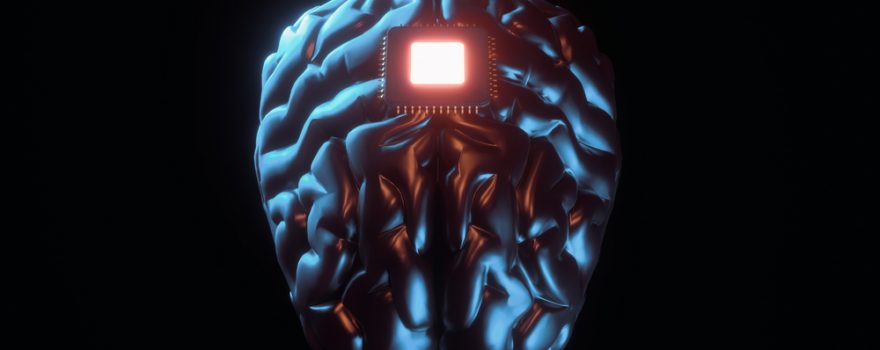
In a groundbreaking move, the US Food and Drug Administration (FDA) has granted approval for Neuralink, a neurotechnology company founded by Elon Musk, to commence human trials of its brain-computer interface (BCI). This milestone comes amid ongoing investigations into allegations of Animal Welfare Act violations by Neuralink.
Neuralink’s application for human testing was initially submitted in March but faced rejection from the FDA. However, the regulatory agency has now authorized human trials of the Neuralink chip.
Founded in 2016, Neuralink aspires to bring its proprietary BCI to the forefront of medical and therapeutic applications. These applications span from stroke rehabilitation and spinal cord injury treatments to controlling neural prostheses and achieving the seemingly science-fiction goal of “rewiring memories or uploading them to robots,” as articulated by Neuralink CEO Elon Musk in 2020.
BCI technology functions by converting the brain’s analog electrical signals into digital data that computers can interpret. Due to the invasive nature of BCI, the FDA, responsible for regulating such technologies, mandates rigorous safety evaluations.
Remarkably, Neuralink stands as the pioneering company to secure FDA approval for human trials. The FDA’s initial rejection of Musk’s application was partly attributed to animal fatalities resulting from the implantation of a BCI prototype. Shockingly, internal documents obtained by Reuters in December revealed that over 1,500 animals had perished during the development of the Neuralink BCI since 2018. An inquiry into these allegations is currently underway, led by the US Department of Agriculture’s inspector general.
FDA concerns extended to the BCI’s design, including potential risks during implantation. Worries centered around the device’s lithium battery, the possibility of the implant’s minuscule wires migrating within the brain, and inquiries about the device’s removal process without causing damage to brain tissue.
While Neuralink has secured FDA approval to initiate research, the company has not yet embarked on the quest to recruit volunteers for clinical trials. The FDA’s decision marks a pivotal juncture in Neuralink’s mission to advance BCI technology and explore its potential in enhancing human health and capabilities.
“This achievement is the result of incredible collaboration between the Neuralink team and the FDA. It signifies a crucial initial stride that will one day enable our technology to benefit countless individuals. The recruitment of volunteers for clinical trials has not commenced at this time,” stated Neuralink on Thursday.
